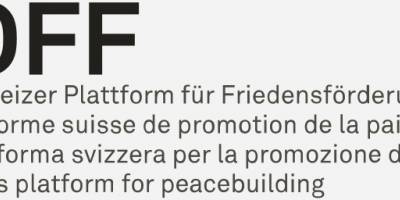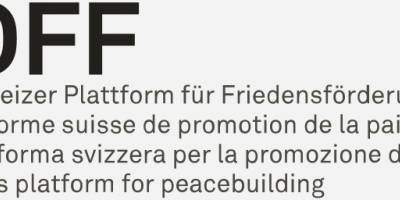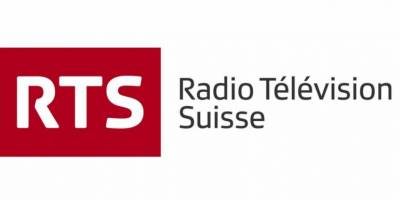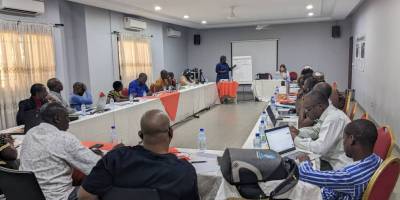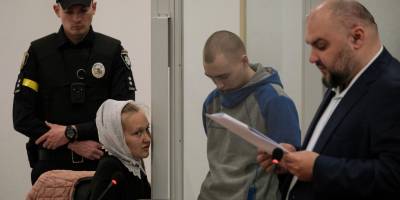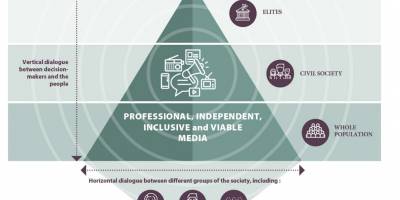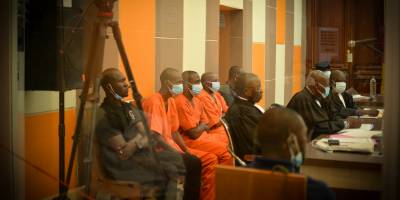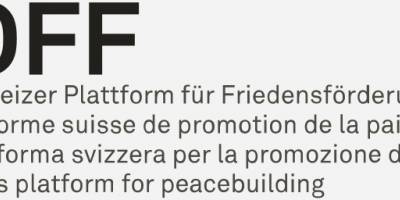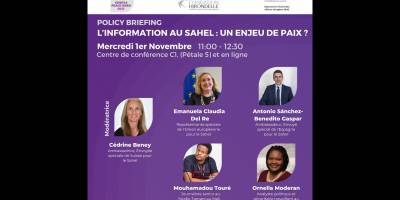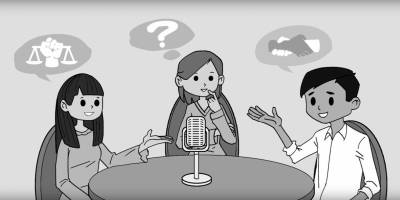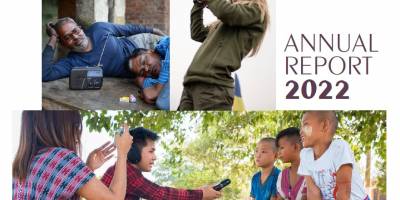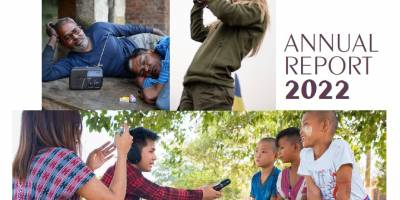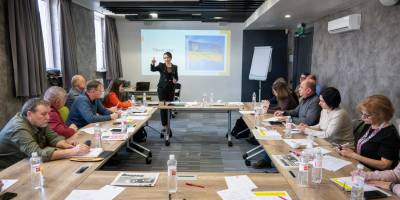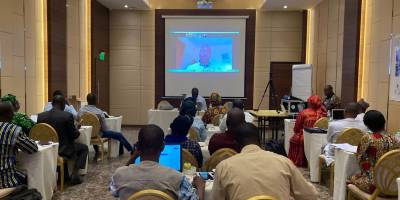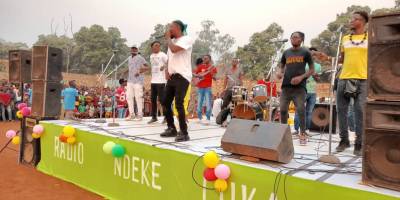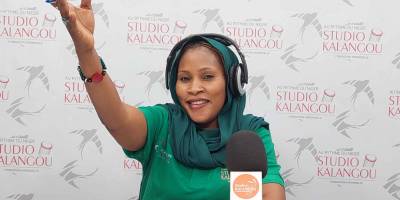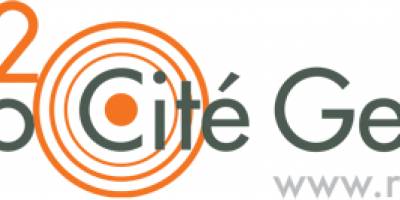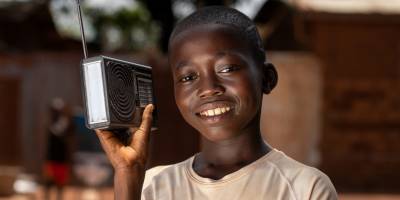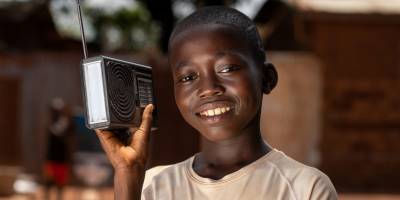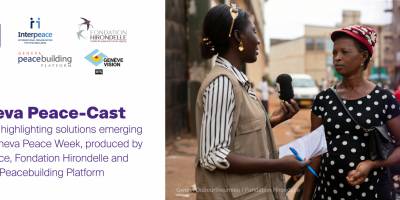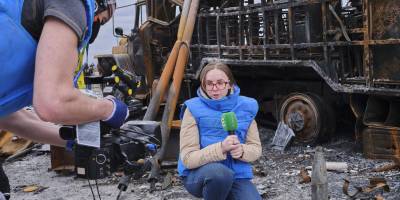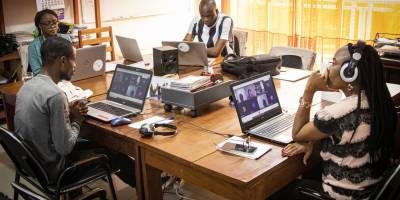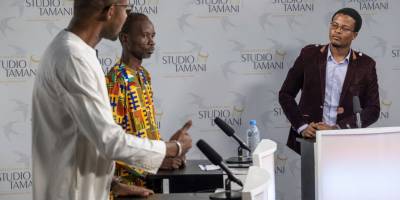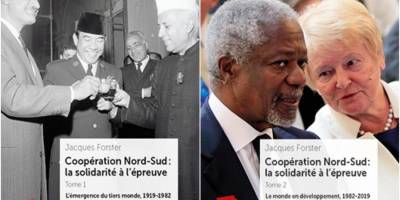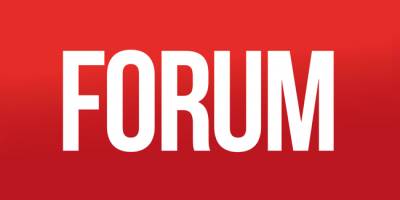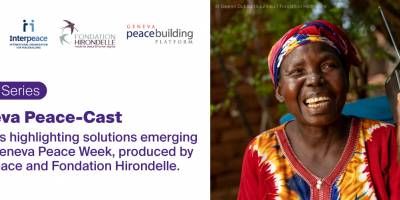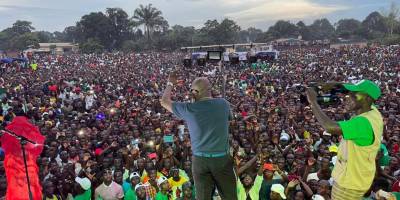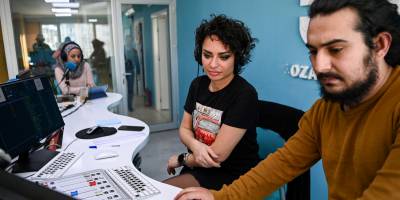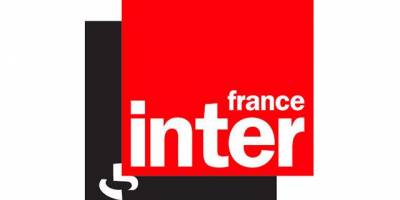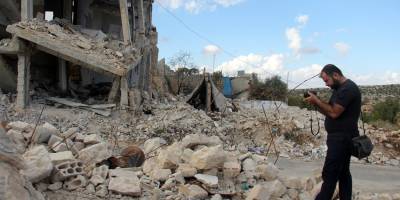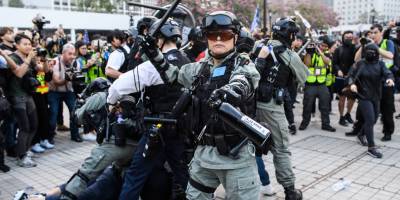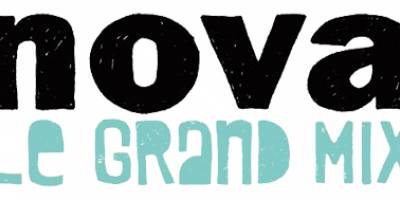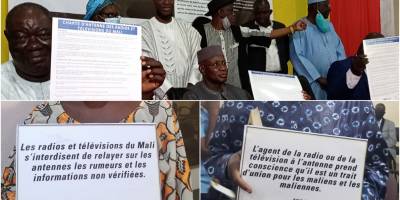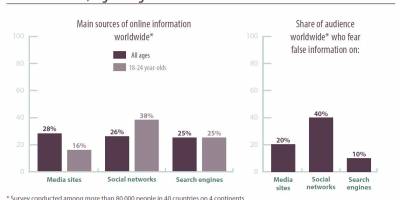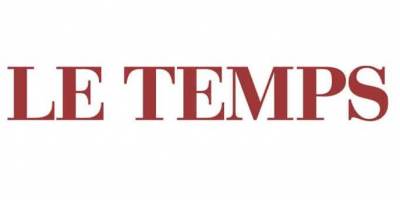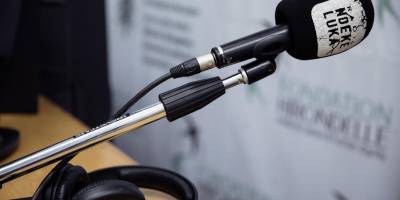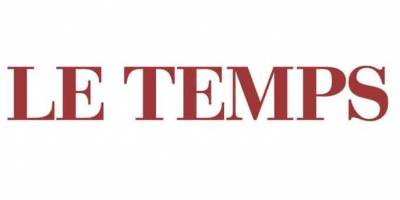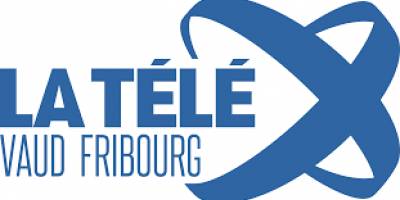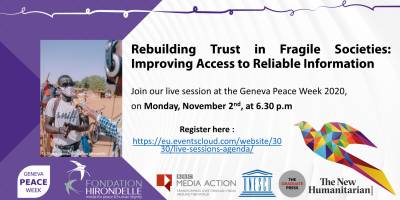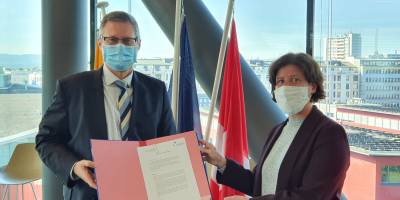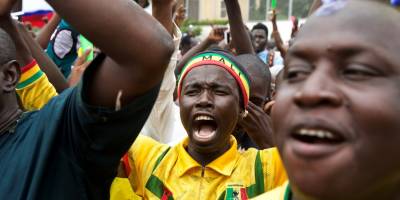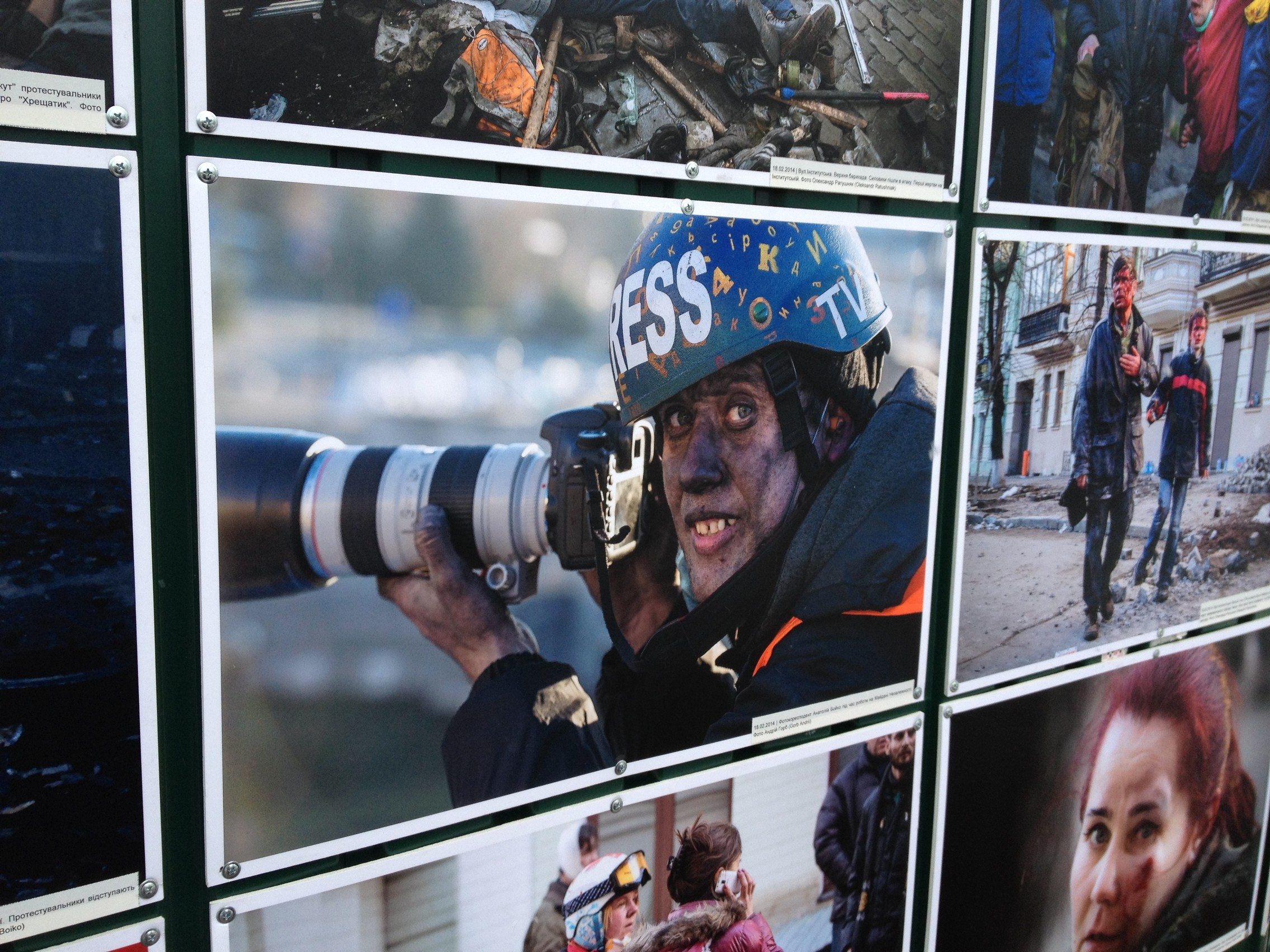
Context
Professional and independent media can fulfill two functions essential to the construction of peace:
- Protection: By providing public service information and news that explain where conflict is taking place, which areas are secured, and where to find humanitarian aid, the media provides information that allows the population to better protect themselves against the risks that threaten them.
- Conflict prevention: Through inclusive dialogue, governed by the rules of respect for speaking time and representation of diverse points of view, the media can be a catalyst for a more peaceful public space. By overcoming stigmatizing representations and highlighting realities, inclusive and balanced media can allow antagonistic groups to get to know each other better, to bring about shared identities and empathy. They can create bridges and reduce the polarization of societies divided between ethnic, religious, or political groups.
The media is an intermediary that fosters interactive communication between citizens, their representatives, and international decision-makers. Therefore, they can better take into account the needs and capacities of populations affected by conflicts. Finally, local, professional, independent journalists have a watchdog role to play in denouncing the dysfunctions and corruption that characterize conflict economies. They can also be agents of change by sharing innovations and giving voice to the most marginalized population.
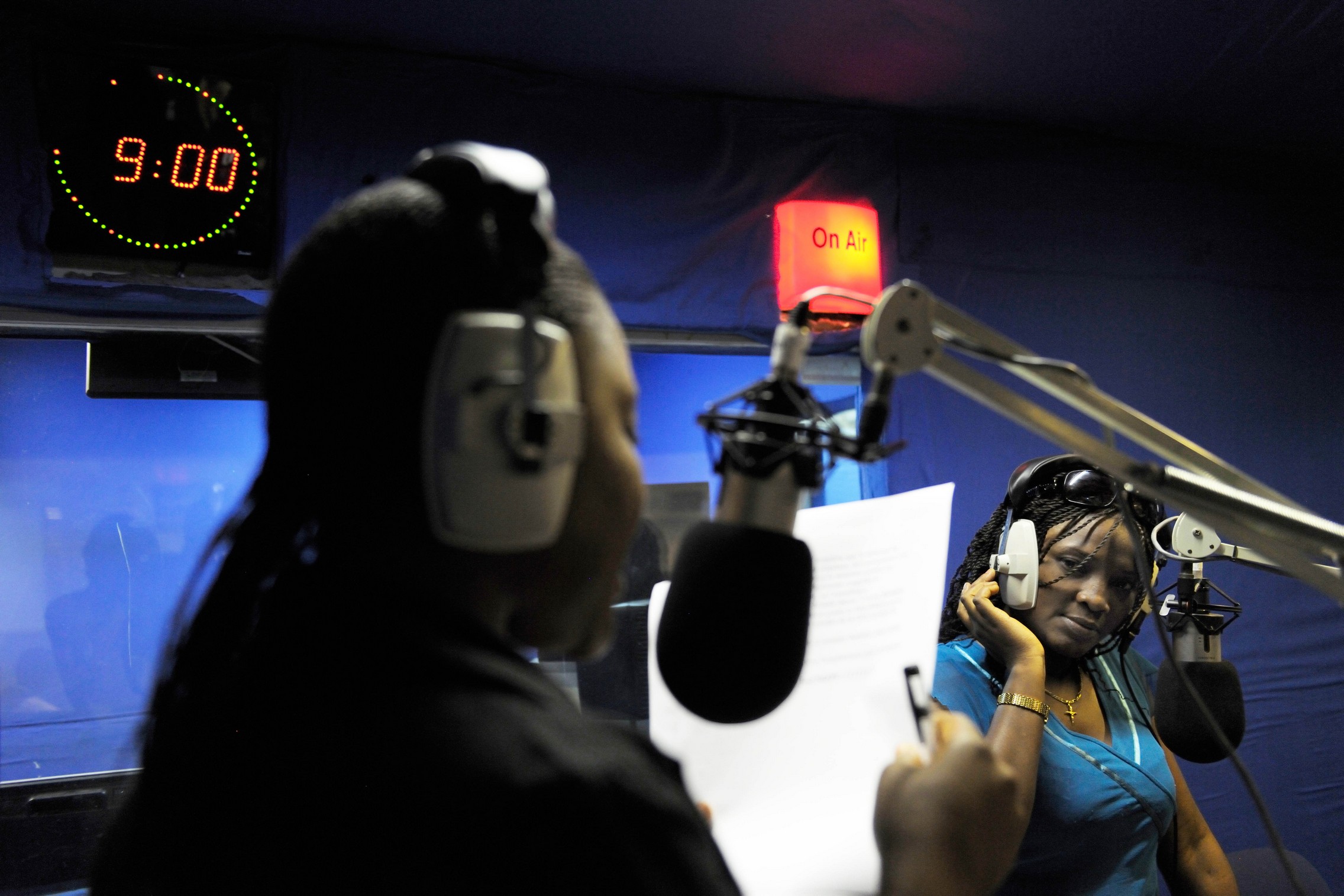
Our approach
Fondation Hirondelle is making a media contribution to the construction of peace based on more than 20 years of experience in conflict and post-conflict contexts in places such as the Democratic Republic of the Congo, Central African Republic, Mali, and in the past, South Sudan, Liberia and Kosovo. We apply the following principles in these contexts:
- Stringent and responsible journalism based on: verification of information, multiple sources, strict distinction between facts and comments, to enable people to better understand the conflicts they face, to identify the causes and solutions.
- Production in local languages, with the same content in all languages, so as to break the isolation of some population groups, stop manipulation and rumors.
- Broadcasting to the widest possible audience through all available channels, especially FM radio, so as to unite through the airwaves and through media content populations divided by conflict.
- The application of Charters and Codes based on our values: independence, honesty, diversity, dignity, to guarantee the impartiality and credibility of our information.
- Promoting dialogue between all parties involved in conflict, live broadcasts, fair speaking time, and strict rules of mutual respect, to encourage each party to listen to the other’s views and to engage in dialogue with the public.
We have developed special expertise in supporting peace processes through media partnerships with numerous UN peacekeeping missions in the DRC, Southern Sudan, Sierra Leone, Timor-Leste and Kosovo. Through partnerships with the United Nations Department of Peacekeeping Operations, we created and managed the radios of these missions in war, conflict, and post-conflict contexts. We helped create and manage for 12 years Radio Okapi, the radio station of the UN mission in the DRC, listened to by more than 14 million Congolese a day and recognized as “a brilliant example, not only for other media in conflict or post-conflict regions, but also for other radio stations around the world” (International Press Institute, which awarded its Free Media Pioneer Award to Radio Okapi in 2010).
We also create or support independent media registered under national law in conflict countries, to serve as benchmark sources of news and information, platforms for dialogue between all parties to the conflict and with the public. For example, in the Central African Republic, a neglected country with recurrent violent crises, we have been supporting Rado Ndeke Luka for 17 years, a general-interest radio for information, dialogue, and entertainment, considered the country’s leading media. Radio Ndeke Luka produces 13 news bulletins every day in two languages, as well as programs promoting dialogue between communities.
We also produce news, information and dialogue programs for broadcast by partner media networks in countries in conflict. This is the case in Mali, where 1.6 million listeners aged 15 and over follow the programs of Studio Tamani, our project created in 2013 in this country in partnership with a network of 60 local radio stations (TNS Sofres 2015 study).
Results / Outcomes
- The concerned populations understand the conflicts that affect them better, they are better able to understand the causes, they have access to information that allows them to guard against the risks that threaten them, and their voice is heard in the search for solutions
- Affected populations favor dialogue as a solution to conflicts
- The issues and milestones of peace processes are better understood, which encourages the participation of the population and the various stakeholders
Our position
Fondation Hirondelle regularly discusses with its partners the role that the media can play in mediation processes. It has drawn up a concept note summarizing its position, the main issues and recommendations for the players involved.
This note was notably shared at the European Union's Community of Practice (CoP) on mediation in October 2023, and we remain open to any comments on its improvement.
Find out more about our concept note: Concept note - Media and Mediation





